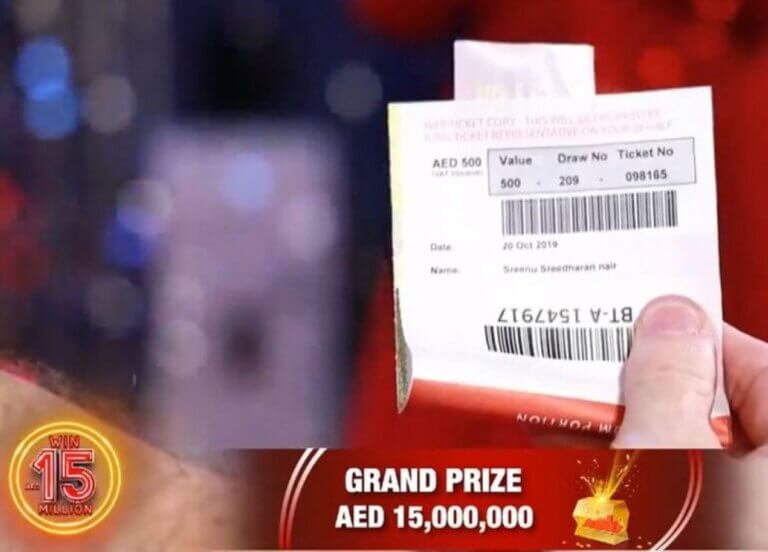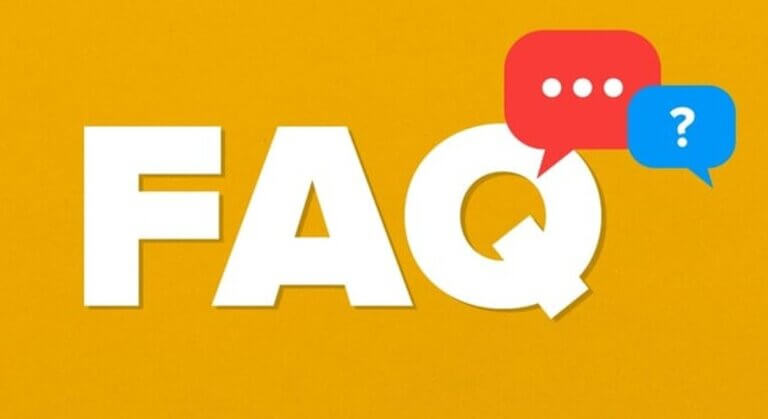Is Big Ticket Halal or Haram?

The topic of what is considered “halal” (permissible) and “haram” (forbidden) in Islam is one that has been debated and dissected by scholars for centuries. While the fundamental tenets are laid out in the Qur’an and the Hadith, applying them to the constantly evolving realm of modern life poses its challenges. One such contemporary question that has been posed by many Muslims is whether participating in the Big Ticket draw, a popular raffle held in Abu Dhabi, UAE, is permissible from an Islamic perspective.
The Big Ticket: An Overview
Before diving into the religious discourse, let’s first understand what Big Ticket is. The Big Ticket raffle, hosted at the Abu Dhabi International Airport, offers participants a chance to win significant sums of money. With tickets sold in various denominations and prizes often running into millions, it’s no wonder it has become a popular venture not only for UAE residents but also for tourists and international participants.
Understanding the Islamic Perspective
From an Islamic standpoint, activities involving “gharar” (excessive uncertainty) and “maysir” (gambling) are typically seen as haram. The reason behind this is that Islam promotes the principles of fairness, justice, and earning one’s living through honest means. Games of chance, where money is earned without labor, can be seen as obtaining wealth without working for it, which is discouraged.
However, does Big Ticket truly fall under the category of gambling or maysir?
Differentiating Between Maysir and Big Ticket Abu Dhabi
Firstly, it’s essential to note that not all games of chance are considered maysir. For something to be categorized as gambling in Islamic jurisprudence, there should be a loss for one party that benefits another. In traditional gambling, one person’s loss becomes another’s gain. In the case of Big Ticket, participants buy a ticket for a set amount. Whether they win or not, there is no direct loss incurred by one person that translates as a gain for another.
Moreover, there’s a strong charitable component linked to many of these draws. Numerous participants, especially those who win considerable amounts, donate substantial portions of their winnings to charitable causes. This act of giving aligns closely with the Islamic principles of “sadaqah” (charitable giving) and “zakat” (obligatory almsgiving). Islam highly emphasizes the importance of sharing one’s wealth and helping those less fortunate.
Embracing the Spirit of Generosity
Winning a significant sum in the Big Ticket draw can be transformative. It provides an opportunity for winners to not only improve their lives but also to significantly impact the lives of others. The Qur’an repeatedly emphasizes the virtues of generosity, with verses like: “The example of those who spend their wealth in the way of Allah is like a seed [of grain] which grows seven spikes; in each spike is a hundred grains. And Allah multiplies [His reward] for whom He wills” (Qur’an 2:261).
Given this backdrop, participating in the Big Ticket can be seen not just as a quest for personal gain but also as a potential means to effect positive change in society.
Conclusion
While the debate on such matters will always persist, given the nature of the Big Ticket and the benevolent intentions and actions of many participants, it can be concluded that participating is not inherently haram even though there is no fatwa approval as of yet. As with many things in life, the intention or “niyyah” is paramount. If one enters such draws with a clear heart and the intention to do good, be it through sharing or donating their winnings, the act aligns well with the core values promoted by Islam. Always consult with a knowledgeable scholar or mufti for personal guidance, but as far as the essence and impact of the Big Ticket go, the balance seems to tip in favor of permissibility.





